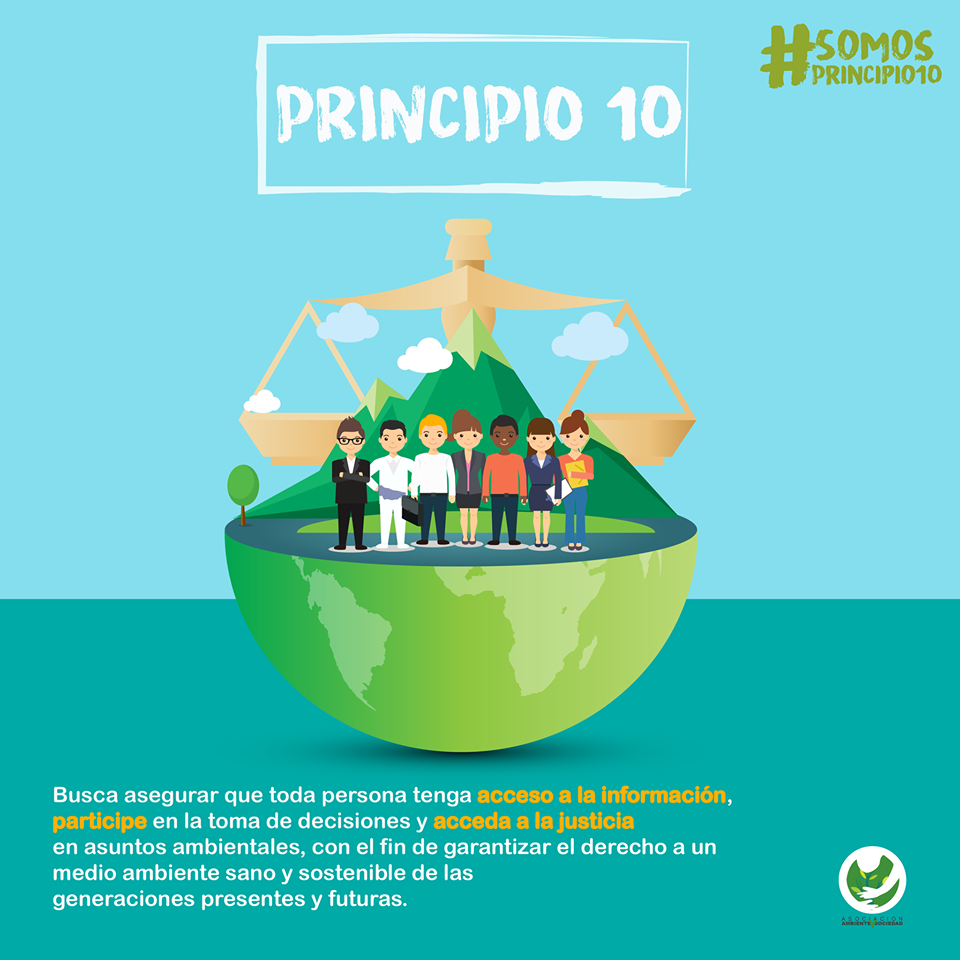The Access Initiative is the largest civil society network in the world dedicated to ensuring that citizens have the right and ability to influence decisions about the natural resources that sustain their communities. Our mandate to achieve “A right to know, A space to participate and A demand for environmental justice” continues to grow more relevant in very troubling times. Use of natural resources and conflicts arising from their demand and use, is evident in an increasing number of countries around the world. Attacks on environmental defenders who stand up to those in power continue both in the forms of threats, harassment, closing down of institutions and intimidation but also murder. The cry for environmental justice around the world is increasing in vigor in relation to climate change, pollution and waste, mega infrastructure development and depletion of natural resources. The network continues to operate at the international, regional and national level. TAI has sought to become a growing network in establishing rights to information, participation and justice through law and practice, launching the Environmental Democracy Index in 2015, one of our most ambitious projects to date, ranking and rating countries’ performance. In the Latin America and Caribbean region, partners are participating in perhaps their greatest ever advocacy campaign seeking the creation of a strong legally binding regional agreement on access to information, participation and justice (Principle 10) similar to the Aarhus Convention in the United Nations Economic Commission for Europe region. TAI work through the Strengthening the Right to Information Project works in Indonesia, Thailand, Tunisia and Morocco to demand rights to information in relation to air and water pollution for local citizens. However members indicate: A struggle to get buy in by governments to prioritize reforms on access rights in key large influential countries e.g. India, Colombia, Brazil, Indonesia ; A pervasive view that our messaging of “Principle 10 reform and environmental democracy “needs to be more creative to attract funders and champions to our work; A crowded space of open government reformers looking at a diverse set of issues some with distinct overlap to our work e.g. EITI reforms including environmental disclosure requirements . A difficulty in the secretariat’s ability to raise centralized funds for network wide activities from bilateral funders or foundations as we fall between governance and environment silos. A demand for TAI to enter into new spaces including to work on the Sustainable Development Goals and to respond to demand in new sectoral areas including climate and forest governance. With these challenges, TAI is still a thought leader, seeding new ideas across the network and beyond. The formation of the first Gender Working Group in the networks’ history, this year 2016 is something we are very proud of, and an important seed to be nurtured. The Gender Working Group is seeking to understand how access rights can support the empowerment of women in natural resource decision‐making. The strength of the network in the Latin America and Caribbean Principle 10 regional agreement has been recognized by Governments and partners, including emerging work on protection of environmental defenders and strong communication campaigns including the Our Voice, Our Environment and #somosprincipo10 campaigns. New work on Open Government for Climate Action, the theme of the TAI Global Gathering celebrating the Paris Agreement, calling on the need to develop a movement that holds Governments to account for the promises they have made through open government reforms. This report seeks to celebrate some of TAI’s proudest achievements over the last two years while highlighting some of our future challenges. It provides a report of the Core team’s activities over the last two years, including administrative, funding and strategic decision‐making processes.
